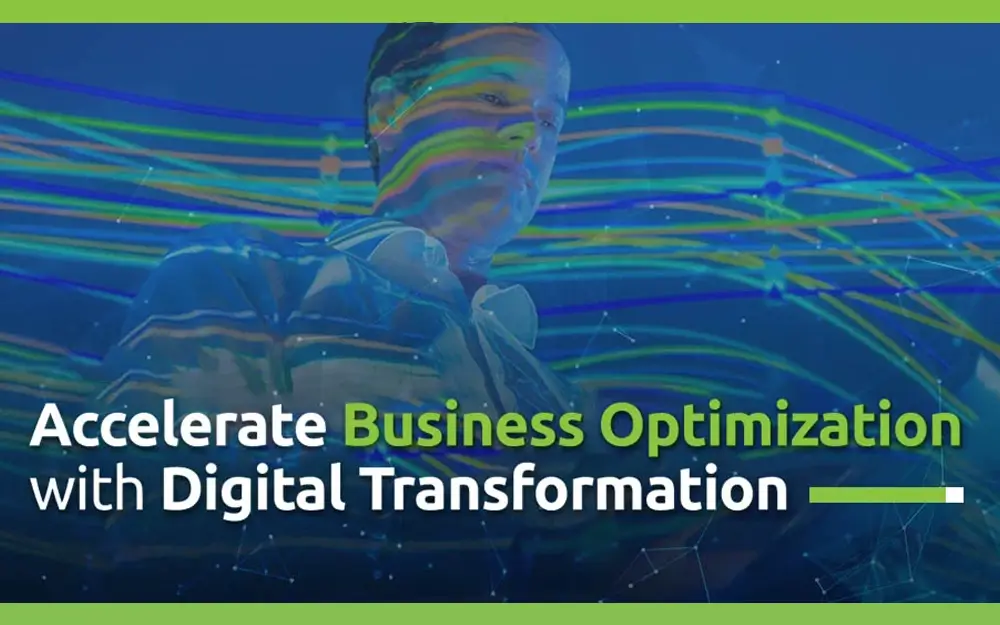Digital transformation is one of the most popular buzzwords of the modern business world. Every organization regardless of industry needs to go digital in order to survive. Digital Transformation by definition is the cultural, organizational and operational change of an organization, industry through a smart integration of digital technologies processes and competencies across all levels and functions in a dynamic fashion. But what does it really mean in practical terms?
Digital transformation is going on all around us and it can be evidenced by the fact that they are now more smartphones in the world than there are humans. With the arrival of modern social media platforms such as Facebook and Twitter and their mass adoption, the world has gone online. This means business needs to happen online as well. Organizations without a proper digital strategy in place will die a quick death. This is the reality.
The fundamental building block of the digital transformation journey is an Enterprise Resource Planning system popularly known by its abbreviation ‘ERP’. It has brought an unprecedented level of efficiencies thus maximizing the levels of distribution, purchasing, manufacturing and financial management and higher value of customer service. It has benefited the entire world by bringing revolutionary changes and refined business processes that help individuals and teams achieve their goals more than ever. These days every type of organization is finding ways to get ahead in its digital transformation journey to make people’s lives easier and efficient more than ever. As we all know that necessity is the mother of invention and digital transformation has become a necessity for all types of businesses due to the opportunities it presents.
Build your organization’s future in this age of innovation with Digital Transformation
So what are the barriers that usually block the path to transformation? It is important to know that digital transformation does not happen overnight. there are many barriers that disrupt the progress of digital transformation some of them are highlighted below;
Inability to experiment quickly and legacy systems, inability to work across silos, Inadequate collaboration between IT and lines of business, Risk-averse culture, change management capabilities, lack of a corporate vision for digital, lack of talent/skills required and insufficient budget and cyber security. A solid “Agile” based implementation methodology with a proper change management approach can help overcome these challenges
Digital Transformation is fundamentally changing how the business and sectors create value. Thanks to data-driven decision-making, the dynamics of businesses have surely taken a positive turn resulting in a better approach and vision with the help of ERP systems that are becoming the backbone of businesses. Artificial intelligence is also the key component of digital transformation that is enhancing people to get the maximum out of everything. Business activities have become much better with the help of digital transformation and business processes have gained sublime success with a high-quality business transformation. Customer, worker and partner approaches have been significantly changed and have become very effective and convenient for the people. It is tailored to provide people with the best resources and compatibility.

